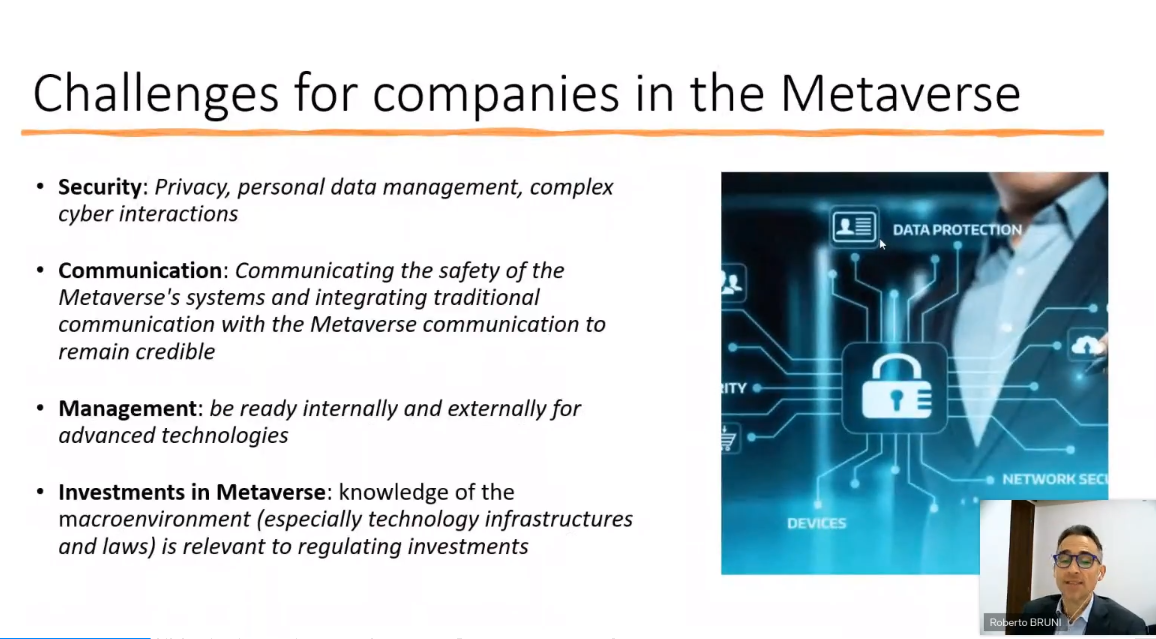During the Fourth International Winter Online School on Management, 70 attendees fr om 36 counties participated in a round table, International Management in a Time of Turbulence.
Vasily Potyomkin, Deputy Governor of the Tomsk Region for Economy, Investment Policy, and Property Relations, opened the event. He described Tomsk Region's current economic situation and spoke about challenges and opportunities for the regional economy and business.
The deputy governor stated that the regional economy is growing, as shown by the statistics in various industries. The expert also noted great prospects for cooperation and development of new markets with Uzbekistan, Kazakhstan, China, India, Iran, Southeast Asia, and Africa.
The roundtable program started with a speech by Andrei Panibratov, director of the Center for Russian Multinational Companies and Global Business, Graduate School of Management, Saint Petersburg State University. His speech on international business and sanctions was devoted to analyzing the impact of sanctions on international business and the history of similar experiences in other countries and regions of the world. These issues were discussed in his significant publications.

The program was continued by Roberto Bruni, professor in the Department of Economics and Law at the University of Cassino and Southern Lazio (Italy), a long-time friend and partner of the Institute of Economics and Management. He addressed the concept of "Metavieworld"— a virtual space wh ere people can interact with each other and with digital objects using VR technologies. Prof. Bruni focused on identifying and interpreting the challenges and opportunities of the meta-universe for the business environment.
Then Alexey Stukanov, head of the Department of International and Regional Relations of the Tomsk Region Administration, spoke on “And the Ship Sails On”. He described the impact of global development on business in Tomsk Region and the changes in the forms and methods used by local authorities to support and promote international projects.
Julia Shavruk, dean of the Faculty of International Business Communications of the Belarus State Economic University, discussed whether participants in the global economy are ready for the digital transformation of traditional forms of interaction.
Wasan Kanjanamukda, professor of the Faculty of Economics and Business Administration at Thaksin University (Thailand), reported on the role of public enterprises in the modern economy, emphasizing their importance as a shield for the economy in turbulent times.
The plenary session was finished by Irina Pavlova, associate professor at the Institute of Economics and Management, delivering a report “Analyzing Global Business Strategies under World Uncertainty”, which presented current trends that demonstrate various options for transforming strategic decisions of international companies in contemporary conditions.
The speakers responded to participants’ questions at the end of the roundtable.
“One of the main advantages of participating in the Winter School is additional points to the application portfolio for admission to the English-taught master's degree program on International Management,” added Olga Nedospasova, head of the International management program, professor at the Institute of Economics and Management. “The program has a large number of state-funded places, and not only Russian citizens, but also representatives of the CIS can apply for these places. Students from non-CIS countries are also interested in the program. Students may be admitted to it through participation in the Master of TSU Olympiad.”